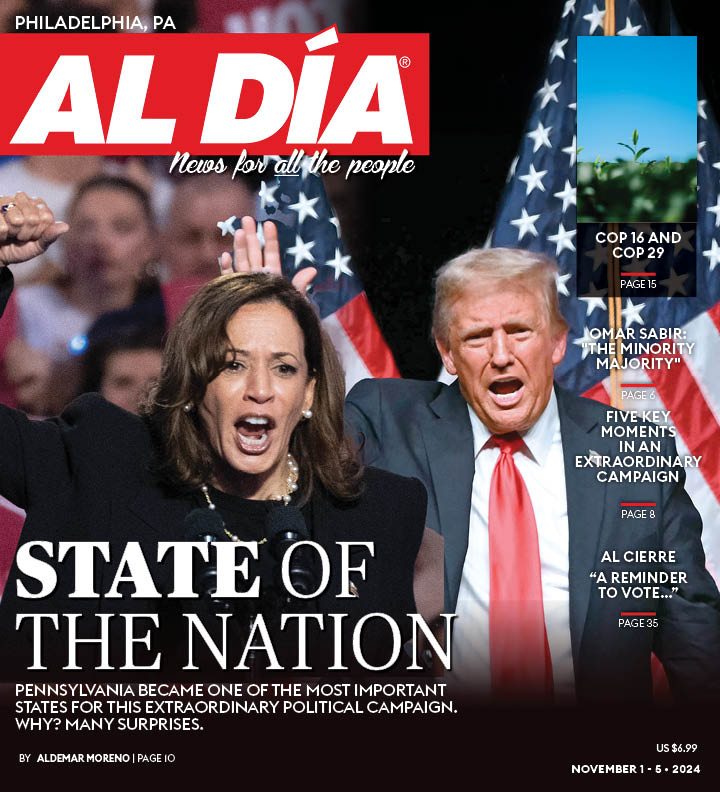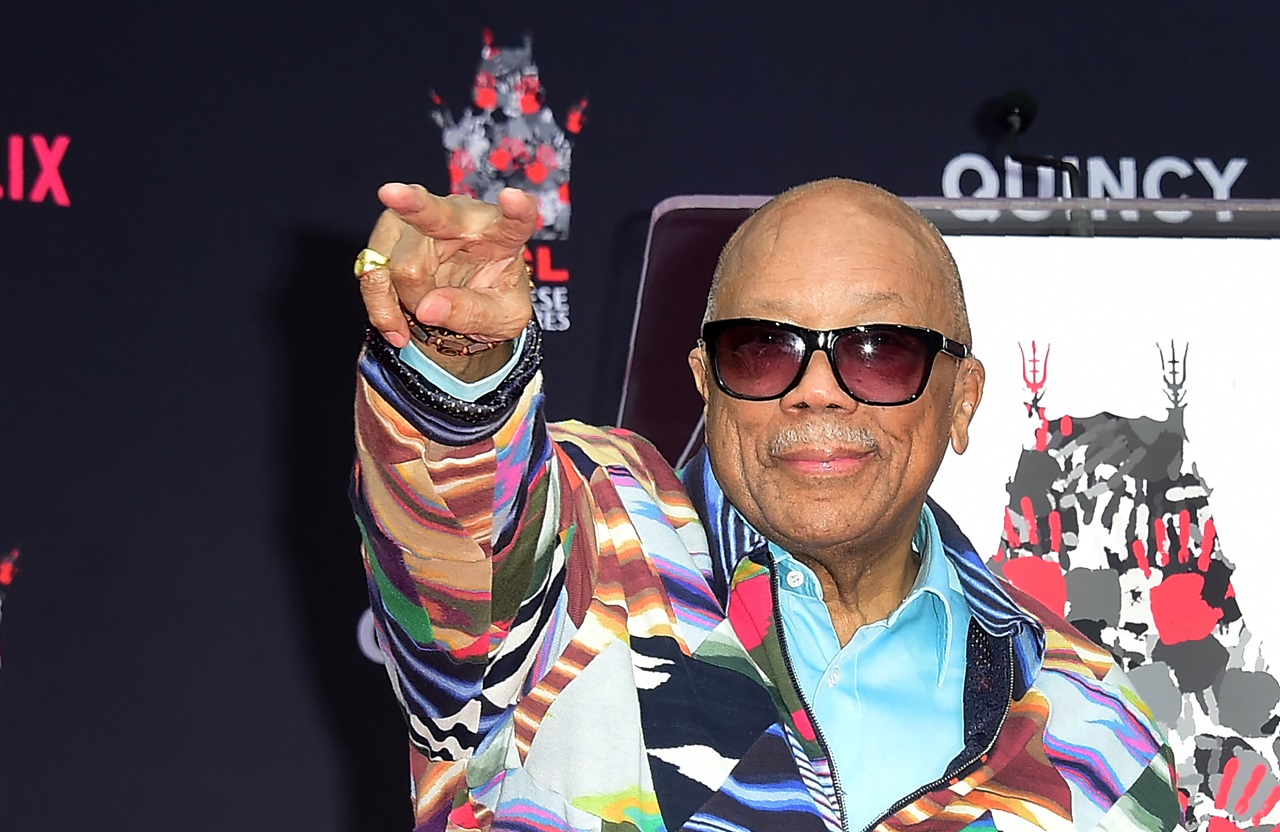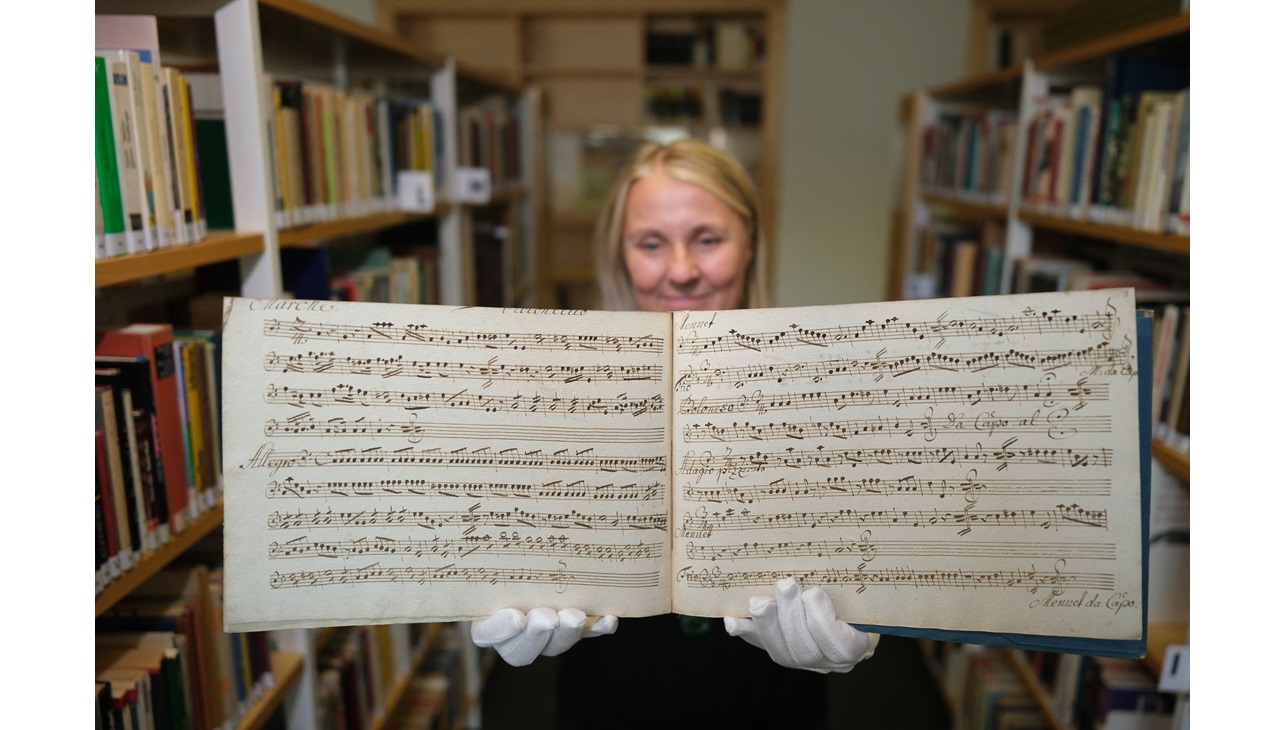
Latínica, the power of Latinas in the music industry
Latínica is an upcoming event featuring conferences of professionals from more than 20 countries created and produced by Venezuelan artist Mafer Bandola.
This week until Friday the first edition of Latínica is being held. It is a business event that aims to generate connections between businesswomen and entrepreneurs in the world of music, and includes creators, producers, singers, journalists, publicists, and composers.
It is not only an important meeting of all female professionals, but also an opportunity to share knowledge through workshops, conferences and meetings. The participants cover the entire Latin American spectrum, from Venezuela, Uruguay, Colombia, Chile, Argentina, Mexico and the United States.
¡Hoy comenzó #Latínica!
— micaelamiau (@micaelamiau) March 8, 2021
Celebramos la creación de estos espacios seguros para poder intercambiar y colaborar. ¡Gracias por la invitación!
https://t.co/T1W457T1vK
Estaremos participando el martes 9 y jueves 11 de marzo. No olviden inscribirse. #FMMN #8M #MujeresenlaMúsica pic.twitter.com/veIIyLFO8Y
The creation of the event was in response of Venezuelan artist, Mafer Bandola's efforts to bring together Latina workers in the music industry, as well as a grant from OneBeats' music program. It is dedicated to supporting alumni projects through the OneBeat Accelerator, which awards nine proposals a year.
RELATED CONTENT
In their own words, the conference is intended to be "a meeting point for them to connect and get more exposure for their work and productions" as well as a showcase of the plurality of genres that encompasses Latin music, which of course goes beyond reggaeton.
The panels (Composers; Catalog; Visibility; Collective Certainty) and speakers can be viewed on its website and sign up for the virtual zoom chats are open to all Latinas, including the LGBTQ+ community.
Latina identity and empowerment in social media will also cover some of the topics discussed.
The truth is, in an industry that was still very accustomed to old business models is undoubtedly marked by highly-patriarchal patterns, especially with female creators. Therefore, it was imperative to update these archaic customs in the form of highlighting and empowering professionals.
This imperative change comes just at the moment when, as a result of the pandemic, the music industry needs a change of strategy in the face of the decrease in live performances and the greed of investment funds that see discography as a growing asset, and can only give us some faith that both synergies can be merged to have a much more egalitarian and feminist industry when all this is over.











LEAVE A COMMENT:
Join the discussion! Leave a comment.